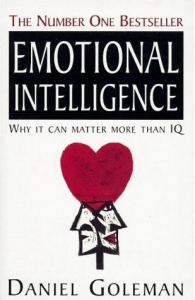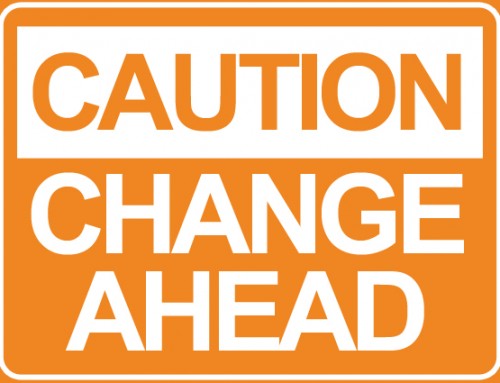 Emotional Intelligence (EI) refers to a person’s ability to accurately identify and understand their own emotional reactions and those of others in a given situation. In particular, it is the ability to perceive, control and evaluate these emotions. The skill of regulating one’s own emotions and the ability to make sound decisions and act effectively are essential traits for our most valued leaders.
Emotional Intelligence (EI) refers to a person’s ability to accurately identify and understand their own emotional reactions and those of others in a given situation. In particular, it is the ability to perceive, control and evaluate these emotions. The skill of regulating one’s own emotions and the ability to make sound decisions and act effectively are essential traits for our most valued leaders.
The term EI became widely-known with the publication of Daniel Goleman’s 1995 book Emotional Intelligence – Why it can matter more than IQ. Subsequently, many leaders have found the concept that success can be strongly influenced by personal qualities such as self-awareness, self-regulation, motivation, empathy, and social skills compelling. Having superior EI skills can provide leaders with a solid foundation for many of the competencies required by them for effective performance in the workplace.
Some claim that EI is a characteristic that you’re either born with or you’re not, however research suggests that it can be learned and strengthened.
The skills that make up Emotional Intelligence
The following includes a brief overview of the five components of EI at work, as stated by Daniel Goleman:
Self-Awareness – The ability to recognize and understand personal moods and emotions and drives, as well as their effect on others. Goleman claims this is the keystone of EI.
Self-Regulation – The ability to control or redirect disruptive impulses and moods, and the propensity to suspend judgement and to think before acting. Hallmarks include trustworthiness and integrity; comfort with ambiguity; and openness to change.
Motivation – Refers to the process of directing our energy to accomplish a goal. Goleman states that the most powerful motivators are internal, not external. An emotionally intelligent person strives to satisfy internal motivation in work and other activities regardless of external incentives.
Empathy – The ability to understand the emotional make-up of other people. Understanding what motivates people, and skills in treating people according to their emotional reactions.
Social Skills – Are those interpersonal communication aptitudes that allow an individual to interact smoothly with others. The ability to communicate well with others is the culmination of Goleman’s other four competencies.
The role of others
To improve our EI or change our leadership style we need help from others. These can be the people with whom we work or socialise. We need to ask for feedback about how our actions affect them and to continually assess our progress on our learning agenda. We rely on these people to create a safe environment in which to practise our skills.
Any improvement requires serious, sustained effort – but the pay-off for all the hard work can be quite significant, and can make a big difference for both individual and organisational effectiveness.





